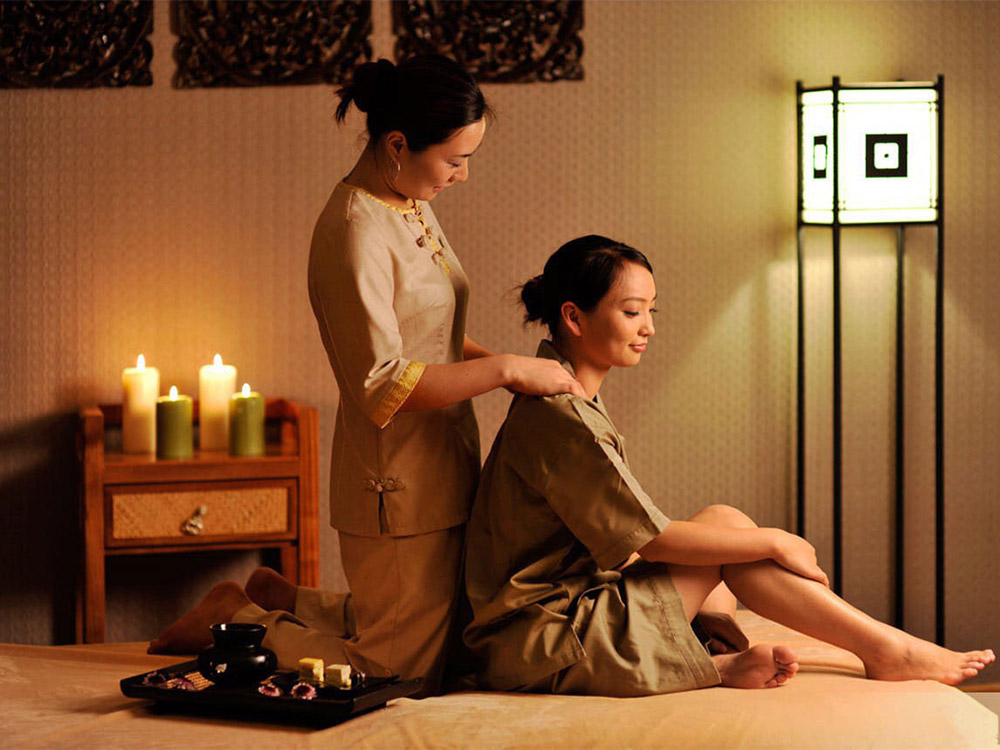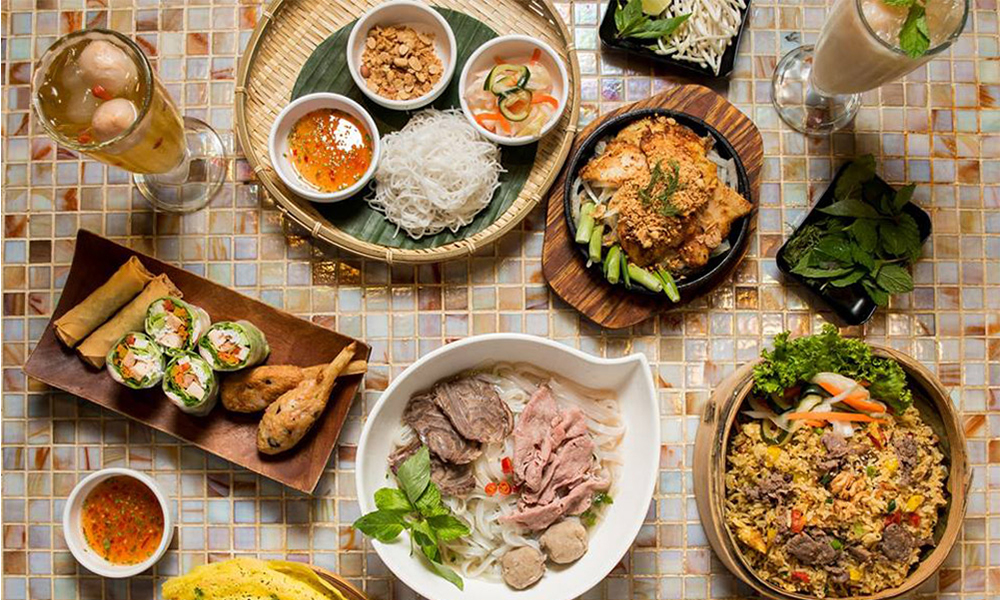By Liu Ru
The father of Japan’s capitalist economy is Shibusawa Eiichi (1840-1931), a highly respected Japanese industrialist. Guided by his study of Confucius’ Analects, Shibusawa brought Western capitalism to Japan, but with a core emphasis on morality and business ethics.Most of Japanís old, distinguished private schools provide comprehensive education that extends from the secondary school level to the university level.
In this series, we look at Shibusawa’s philosophy and understanding of Confucius’ teachings, which guided the creation of Japan’s modern economy.
The Japanese believe in grooming their best and brightest through education, and this type of education is obtained through distinguished Japanese private schools with hundred-year-old histories.
These private schools have their own education philosophies, but they all aim to produce elites with leadership abilities. As such, they start admitting students at the secondary school level, and provide comprehensive education to university level.
This system is very similar to the ancient Chinese method of grooming imperial scholars, who would then become officials for the Emperor. It effectively transmits skills in leadership and management, which are crucial in running an enterprise or working as a high-level manager.
The Key to Grooming Leaders
In Shibusawa Eiichi’s book, The Analects and the Abacus, Shibusawa discusses grooming elite leaders in the chapter, “The Advantages and Disadvantages of Modern Education”. After reading this chapter, I realised that Japan’s private education model is a perfect combination of modern technical knowledge and ancient Confucian teachings.
What is the key to grooming future leaders or elites? Can we teach or train ourselves to become one?
Shibusawa wrote that the education system prior to the Meiji Restoration Period was very different from the system today. The old system was known to effectively produce youths who were diligent, tenacious, and realistic in their ambitions. This was because it was specifically designed to produce elite leaders.
At that time in Japan, only the nobility and samurai had access to formal education, which was used to groom elites for government. But the country only needed a select number of people for these roles.
As such, the common people did not have access to formal education, and their education was limited to reading, writing and arithmetic to use in business. They did not have the opportunity to study key Confucian classics or history books, which would teach them to manage the country and groom their moral character.
Shibusawa added that the Confucian-based education he received during his time groomed students to think about the country and its people, to be steadfast and realistic, and to be humble, trustworthy, and righteous.
By contrast, while education is now available to the masses, the modern education system emphasises the acquisition of technical knowledge. As a result, students as young as Primary One must take a variety of subjects, and these subjects increase in number as they move on to secondary and tertiary school levels.
While this system ensures they acquire a lot of technical knowledge, it fails to impart sufficient moral education and teach personal cultivation.
As such, Shibusawa felt that the students produced by the modern education system possessed worrying behaviour traits and attitudes. When setting goals and ideals, these students were not considerate of the country or its people, nor did they cherish compassion and righteousness. By comparison, these aspects were prioritised in ancient education.
As such, despite acquiring years of technical knowledge and skills, students today have trouble finding their life purpose or maximising their talents. In addition, they lack judgment and perspective.
They thus muddle their way through life, encountering career dead-ends wherever they turn. Eventually, they end up questioning the time, money, and effort they have spent on their education.
Shibusawa elucidated that Japan’s distinguished private schools inherited the ancient, Confucian-based education that was taught in East Asia. But, in comparison to Japan where this form of education was reserved for the upper-class, everyone in ancient China had access to formal education, including the common people.
In ancient China, education was the great social equaliser. The imperial examinations selected the best and brightest via a meritocratic process, giving those from humble backgrounds an equal chance to become government officials.
In fact, many well-known Chinese scholars came from low-class, impoverished backgrounds. One example is Sun Kang, whose family was too poor to afford a lamp. He thus famously studied in winter by light reflected from the snow. These stories encouraged those in impoverished or difficult circumstances to study diligently, improve their knowledge and character, and ultimately contribute to the country and its people.
While some may disagree with Japan’s restriction of Confucian education to the upper classes, it doesn’t change the fact that such traditional, virtue-based education has been effective. It encourages students to develop appropriate ideals and ambitions, to understand the purpose of one’s education, and to develop a healthy life perspective. This is the key to grooming talents and elites.
Grooming Leaders Early in Japan’s Private Schools
Most of Japan’s old, distinguished private schools provide comprehensive education that extends from the secondary school level to the university level. This system is modelled after the education system of ancient times.
The goal of these schools is to nurture the best and brightest. While they also teach modern subjects, these subjects are learnt and completed more rapidly, so that the school can focus on imparting life experiences like managing people and dealing with complicated situations. Strong emphasis is placed on studying ancient classics and etiquette.
Everything stems from the cultivation of oneís character, including managing others and nurturing positive values as a leader.
Therefore, students who enter these private schools at later levels (high-school level) are placed in a separate class from the students who started at earlier levels (secondary-school level). Having not received the same standard of education beforehand, the later students have fallen too far behind the students who started earlier.

Becoming a Leader by Improving One’s Character
What is the key to grooming future leaders or elites? Can we teach or train ourselves to become one? The answer is yes, as proven by the many examples in Chinese history.
In other words, if one wants to become the best of the best, one must learn from the ancient sages in history. Two such sages were the Emperors Yao and Shun.
In Confucius’ Analects, under the chapter “Xian Wen”, Zi Lu asked Confucius what constituted the superior man. Confucius replied, “The cultivation of himself in reverential carefulness.”
When Zi Lu inquired further, Confucius replied, “[The superior man] cultivates himself so as to give rest to all the people—even Yao and Shun were still solicitous about this.”
This conversation highlights the Confucian concept: “Improve upon yourself first, then manage your family, then govern your state; that is the only way to bring justice and virtue to the world.”
Everything stems from the cultivation of one’s character, including managing others and nurturing positive values as a leader. As Confucius brought up first and foremost in his conversation with Zi Lu, “the cultivation of [oneself] in reverential carefulness” is the foundation of a superior person who achieves great things.
Japan’s private education model is a perfect combination of modern technical knowledge and ancient Confucian teachings.
Emperor Yao passed down his throne to Shun, as he recognised Shun’s outstanding character. Shun was humble and filial—despite being abused for years by his step-mother, half-brother and father, he continuously treated them with kindness and looked after them.
Due to Shun’s compassionate nature and leadership skills, people followed him wherever he went, and he was able to organise them to be kind to each other and do the best they could. Whenever Shun lived in a particular area for a few years, no matter how poor or inhabitable the place was, he could transform the area into a village or even a city. This was the power of his moral character.
The most important ability of a leader is to influence the people with virtue, and to lead them on a righteous path. But this can only happen when one is kind and respectful to others. As such, cultivating one’s character is very important.
When interacting with the Japanese, one will realise that the higher their social class, the more respectful, humble and courteous they are. They also place much emphasis on humility.
If you want to run a business well but have trouble inspiring loyalty and dedication in your staff or customers, think about how you can become an effective leader by improving your character. Later on, you must learn to effectively utilise your manpower, by identifying and harnessing your workers’ individual talents.
















